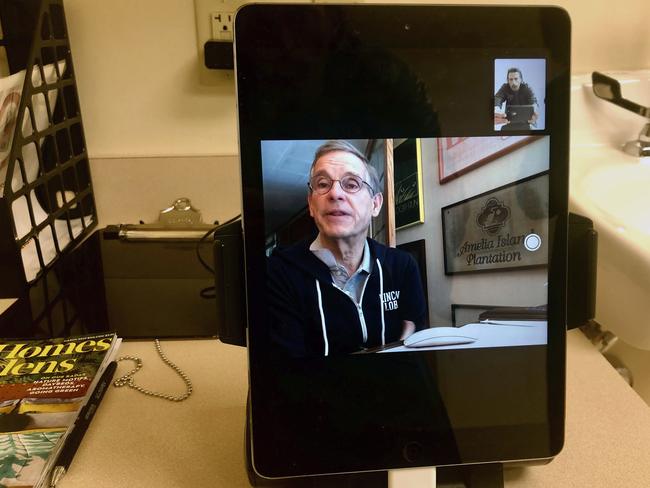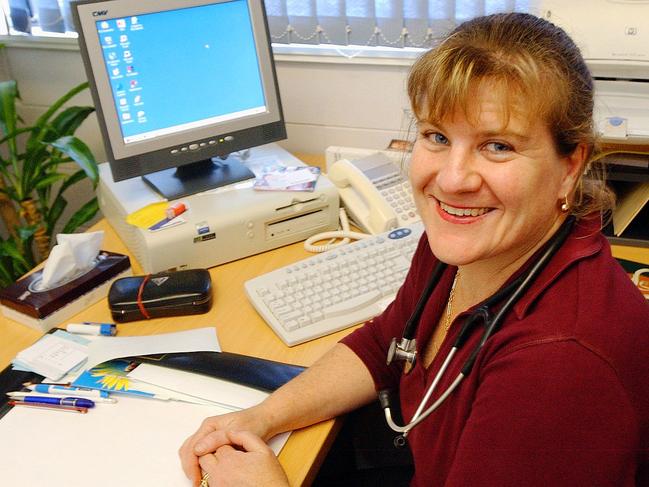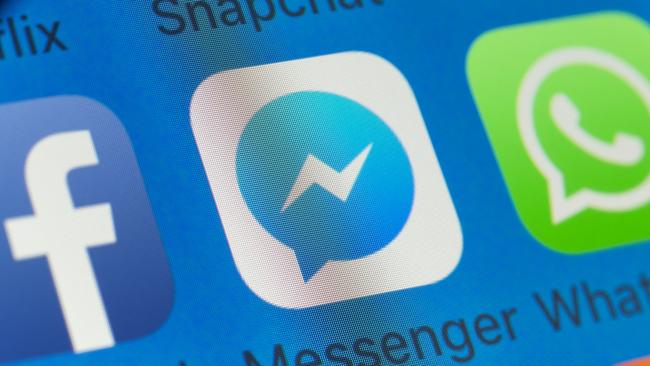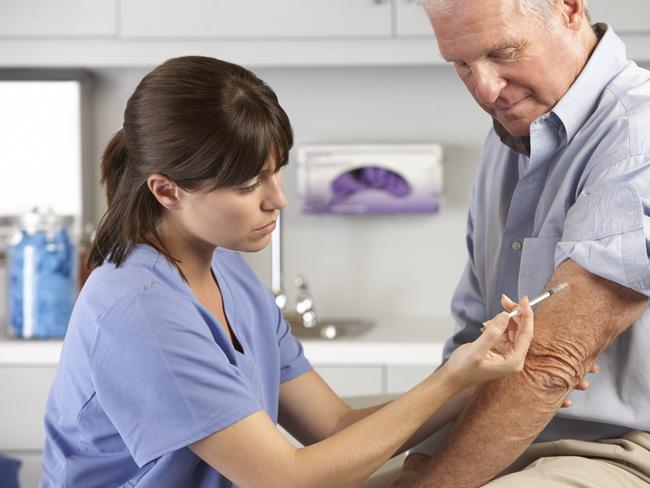Everything you need to know about ‘telehealth’ appointments
GPs are using everything from old school fax and snail mail, through to encrypted WhatsApp, to send scripts as they negotiate the new landscape of `telehealth’. Here’s what you need to know.

Central Coast
Don't miss out on the headlines from Central Coast. Followed categories will be added to My News.
While all Australians became eligible for `telehealth’ appointments as of Monday, most Central Coast doctors have been offering the service for almost two weeks.
Local GP and Chairwoman of the Central Coast Clinical Council of the Hunter New England and Central Coast Primary Care network Dr Karen Douglas said the region has been doing fantastic general practice over the phone and via video chats.
She said local doctors recognised the need to keep both patients and staff safe by avoiding having them sitting in close proximity in waiting rooms well before the National Cabinet introduced strict social distancing rules and the one person per four square metre edicts.

It comes as the coast is set to establish one of the 100 GP-led respiratory clinics announced across Australia as part of the federal government’s $2.4 billion health package to combat COVID-19.
Central Coast Primary Care at Erina has secured the contract to run the clinic that will assess patients with mild-to-moderate COVID-19-like symptoms.
Besides “fever clinics” already open at Wyong and Gosford Hospitals which will only test patients who have either returned from overseas or have been in direct contact with a confirmed case of the virus — and are experiencing respiratory symptoms — the GP-led clinic will offer more widespread testing.
Mingara Medical is also crowd-funding to establish a drive-through swab service at The Entrance.

Dr Douglas said prior to COVID-19 local GPs were already busy treating patients for a myriad of conditions and this has not changed.
However under telehealth patients can book a bulk-billed, Medicare-funded, appointment over the phone or via video conferencing services like FaceTime, Zoom or WhatsApp to “triage” their condition.
She said follow up face-to-face appointments could then be arranged if it was deemed safe or necessary to do so.

Dr Douglas said GPs were using fax, the post or encrypted social media platforms to send scripts to patients or pharmacies and some local chemists were delivering free of charge.
“The change over the last two weeks was to keep people away from medical practice,” Dr Douglas said.
“It’s a new thing for doctors, we are learning by the day (but) the service is working really well.”

Telehealth also extends to a range of medical appointments including psychologists, midwives, nurses, psychiatrists and social workers and dietitians for eating disorders.
For children with developmental delays telehealth appointments can be made for paediatricians, speech pathologists, physiotherapists and occupational therapists.
Telehealth appointments are not mandatory but people are urged to call their GP or medical clinic to discuss what’s available first and not present in person.

